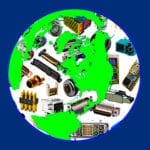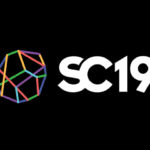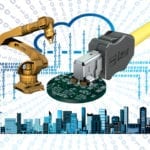New Connectors Deliver Lightning Fast Charging Solutions
Electric vehicle charging stations that can provide a full charge in less than five minutes are about to eliminate one of the key roadblocks to EV acceptance. Connectors that can handle the current and dissipate the heat are a key component of the technology.
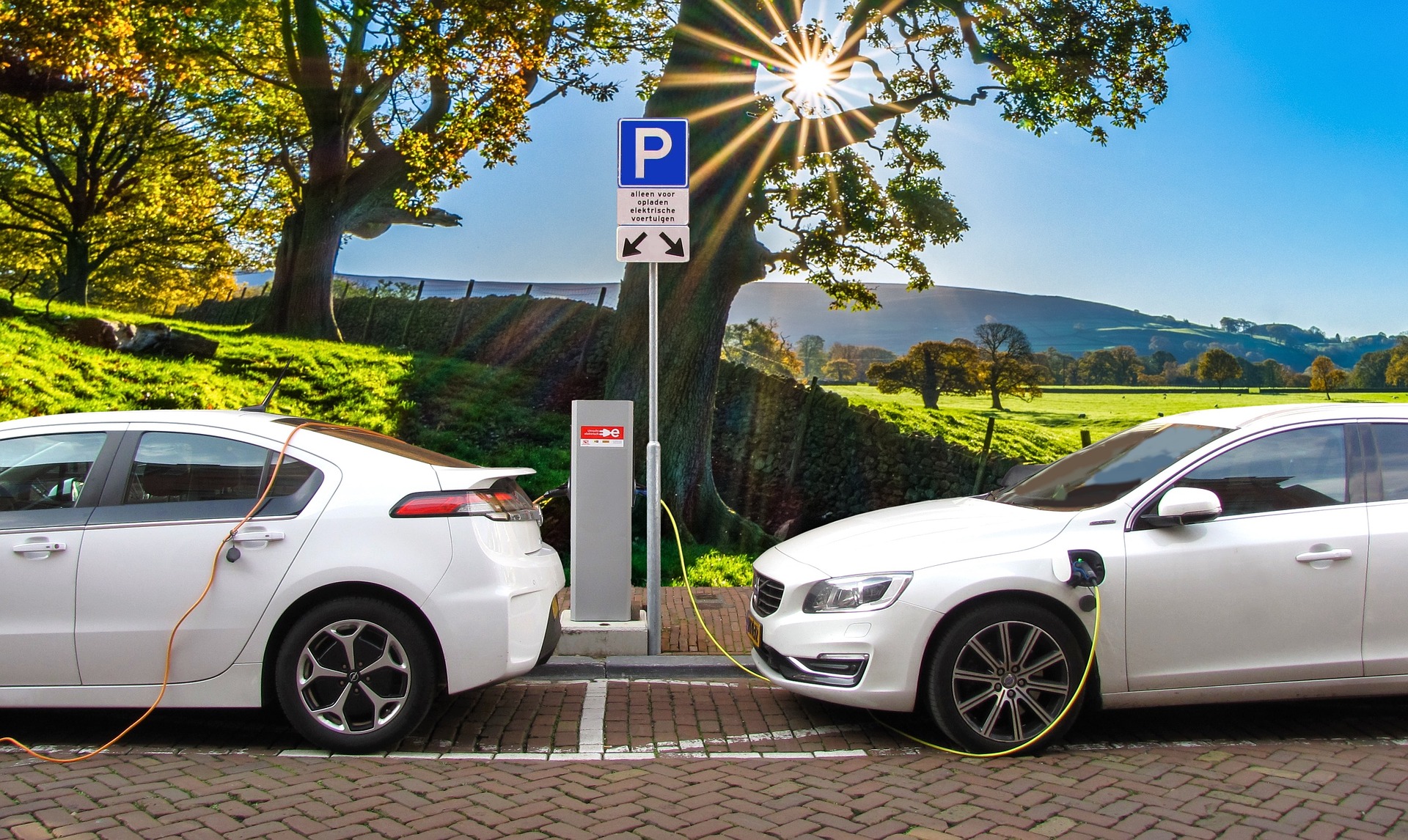
The electric vehicle (EV) sector took another step closer to the mainstream at the close of 2018 when car makers and charging network systems operators announced plans to make charging stations more ubiquitous and to offer faster charging capabilities. The automotive sector has been preparing for this confluence of consumer demand and technological capability for years, and we are about to see the widespread availability of charging stations materialize. Connector companies have been central to the development of safe and efficient power delivery for the EV market.
“The acceptance of electric vehicles – especially when traveling long distances – depends to a large extent on the charging times,” said Vince Carioti, director of E-Mobility North America at Phoenix Contact. Phoenix Contact’s new High-Power Charging (HPC) technology, which includes a connector with silver-plated contacts, a carrier plate that acts as a heatsink, and a cooled charging cable, and can charge an electric vehicle battery to go 100 kilometers (km) in three to five minutes. E-Mobility is headquartered in Schieder, Germany, with a US division in Ann Arbor. The HPC technology will be showcased at the North American International Auto Show in Detroit the week of January 14, 2019. The auto show’s Automobile-D exhibition is focused on EVs, mobility technology, and autonomous vehicles.
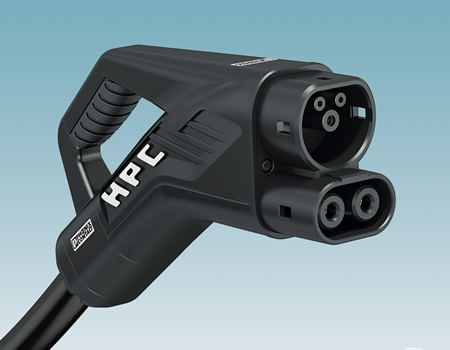
Phoenix Contact’s HPC connector
One area of focus for Phoenix Contact is intelligent cooling technology, which enables a charging current of up to 500A in a 1kV system. An environmentally friendly and easy-to-maintain water-glycol mixture is used as the coolant, which cools both the charging cable and the DC power contacts in the vehicle connector, and the contact carrier also acts as a heatsink due to its high thermal conductivity. Phoenix Contact charging inlets, connectors, and cables have proprietary materials engineered to endure the harsh conditions of high-power charging applications. “That’s where all our years’ experience in connector design has really paid off,” said Carioti.
Many connector companies, including Molex, TE Connectivity, Amphenol, ITT Inc., and JAE, are leveraging their engineering skills to develop EV-targeted applications that focus on power delivery, distribution, and safety. Commercial activity and investment around EV charging continues apace, and consumers are increasingly interested in investing in electric vehicles.
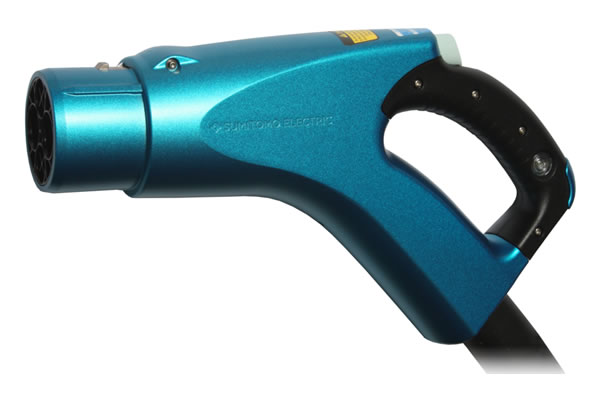
ChargePoint station
ChargePoint Inc. recently closed an $82 million funding round, bringing its total fundraising to $255 million. Daimler Benz participated in this round, and ChargePoint appointed Daimler executive Axel Harries to its board. Meanwhile, Volkswagen Group is committing billions to EV production and has made fast charging a big part of the release of the new Porsche electric SUV. Today, ChargePoint has over 59,000 charging spots and bills itself as the “world’s largest and most open vehicle charging network.”
California-based ChargePoint is pushing the entire EV charging ecosystem to move towards common connector and receptacle standards for the vehicle inlet – SAE J1772 for AC power, SAE Combo, and CHAdeMO. Portugal-based Efacec has a dual connector design that works with Combo and CHAdeMO, a DC charging protocol that enables fast charging. CHAdeMO has extensive uptake with suppliers in Japan, as well as participation from established brands like ABB, the Sweden-based power and automation company, and is supported by products from connector suppliers including JAE, Yazaki, Sumitomo, Dyden, and Fujikuro. GB/T is China’s competing national standard, though they have been in discussions with CHAdeMO as well to ensure a sound supplier ecosystem and cross-compatibility.
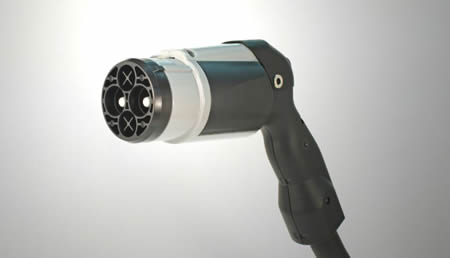
JAE CHAdeMO connector
Phoenix Contact designs and manufactures inlets for the automakers and works with ChargePoint and others on the infrastructure side. Non-high-power chargers do not require cooled technology. CSS Type 1 connectors for North America and Type 2 connectors for Europe are compatible with DC power delivery charging equipment. For US power grid installations, the AC to DC conversion is accomplished within the charging station.
One challenge, says Phoenix Contact’s Carioti, is optimizing battery technology for faster charging cycles. Conventional battery technology wears down faster when tasked with fast charging. The battery density and efficiency have to improve, and the battery has to be able to accept higher currents.
Today, just a few car models can accommodate the high currents involved with fast charging. An estimated 80% of all vehicle charging is still done at home or at work, and not in between. But a widespread change in charging capability is coming soon. According to Carioti, the world will see vehicles that can handle charging over 300A in 2020 and beyond, and fast-charging capabilities will make charging along longer journeys much easier and more prevalent. Among retailers, BP and Shell are positioning themselves as leaders in bringing charging stations to areas where gasoline and diesel pumps rule today.
Carioti also noted that the recent Volkswagen settlement is a significant positive for the market. As part of its reparations for deceiving customers and regulators about the emissions produced by its cars, which had been outfitted with devices that disabled pollution-reducing systems, Volkswagen agreed to create a National Zero Emission Vehicle (ZEV) Investment Plan and spend $2 billion on ZEV infrastructure, including sustainable mobility initiatives like charging infrastructure. In the end, the company will contribute towards the development of key innovations that will bring about a new generation of clean, efficient vehicles.
Gale Morrison is a technology marketing and sales specialist based in the Philadelphia area. She has worked for Agere Systems, TE Connectivity, and Semiconductor Engineering magazine.
Interested in a specific market? Click a market below for current articles and news.
Automotive, Consumer, Industrial, Medical, Mil/Aero, Datacom/Telecom, and Transportation







